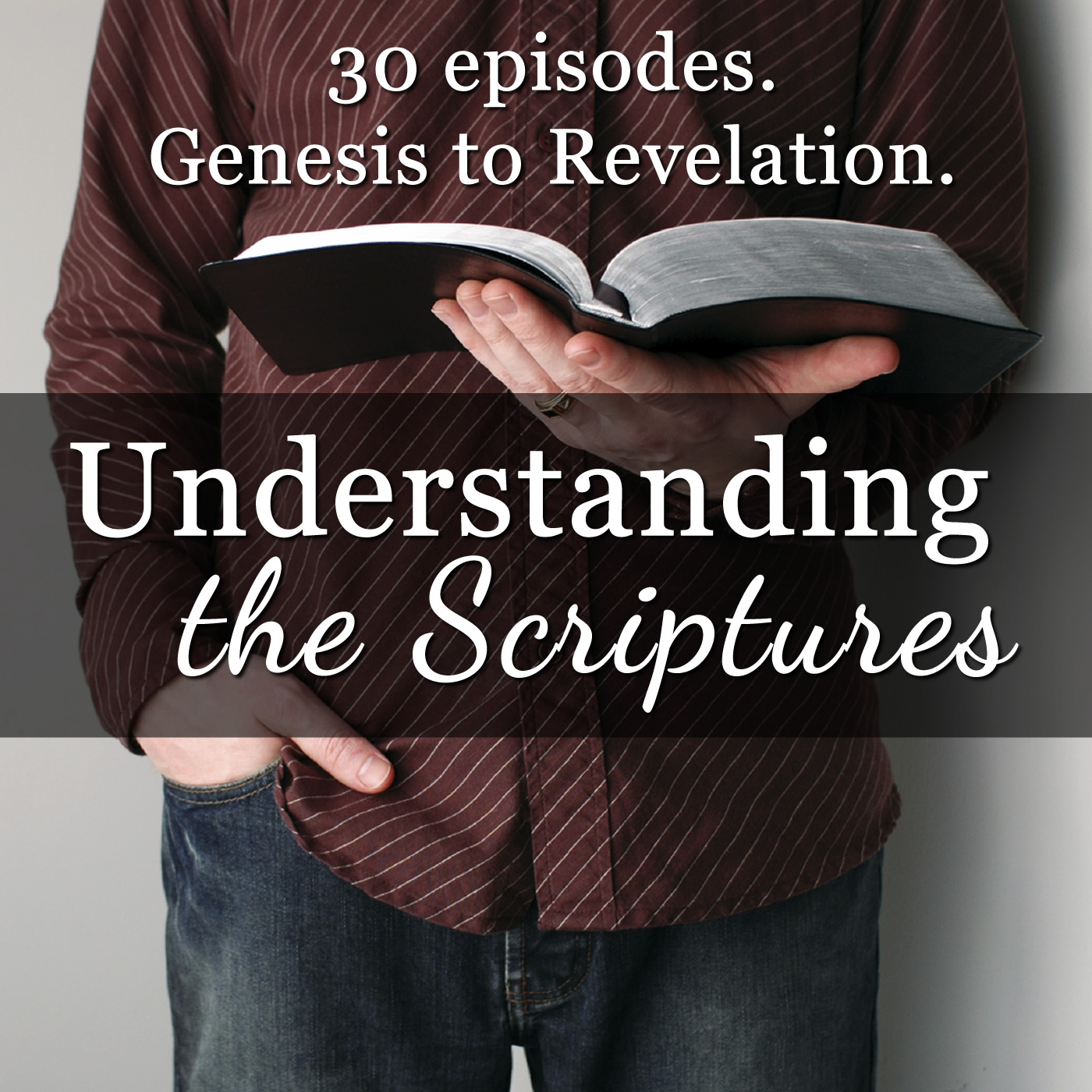Ch. 15 - Revolt of the Maccabees
Description
In this lesson, Carson gives an overview of the history between when the exiled Jews first began to return to the Holy Land (i.e. Palestine) in 538 B.C. and the rule of Herod the Great when our Lord Jesus Christ was born in Bethlehem. We look into the reason why Israelites such as Jesus and his 12 Apostles spoke Aramaic and not Hebrew. We also take a look at what version of the Old Testament our Lord and the Apostles read and quoted from: the Septuagint.
The material this session covers includes 1 and 2 Maccabees, which you will find in Catholic Bibles, but not in Protestant Bibles. These two historical Old Testament books serve as a bridge between the Old and New Testaments. They describe the revolt of pious Jews against the paganizing and tyrannous rule of Antiochus IV "Epiphanies" (meaning "God Manifest" because he considered himself the visible manifestation of Zeus). You will learn of how Alexander the Great conquered Persia, but when he died of fever, his empire was split among his 5 generals. Then, the Holy Land was vied after by the descendants of two of his generals: Ptolemy and Seleucus. We will see that Antiochus IV was a Seleucid king who wished to Hellenize (i.e. to spread the Greek culture) everyone everywhere, including the Jews. Eventually, the Jews under the leadership of Judas "Maccabeus" (meaning "the hammer") and his brothers won independence from Seleucid rule in 142 B.C. However, in 63 B.C., this independence was lost to Rome when Pompey took control of Jerusalem.
More Episodes
This is the introduction to the Understanding the Scriptures podcast, which is a Bible study consisting of thirty 72 to 80 minute episodes, each of which is digitally recorded for your listening enjoyment.
Published 07/07/09
Published 07/07/09
In this lesson, Carson kicks off this exciting Bible course by describing the sacred, inspired nature of
the Bible, which is a quality unique to the 73 books of Sacred Scripture. What do we mean when we say that Scripture is inspired, and where do we go in the Bible itself to find this claim? ...
Published 07/07/09


